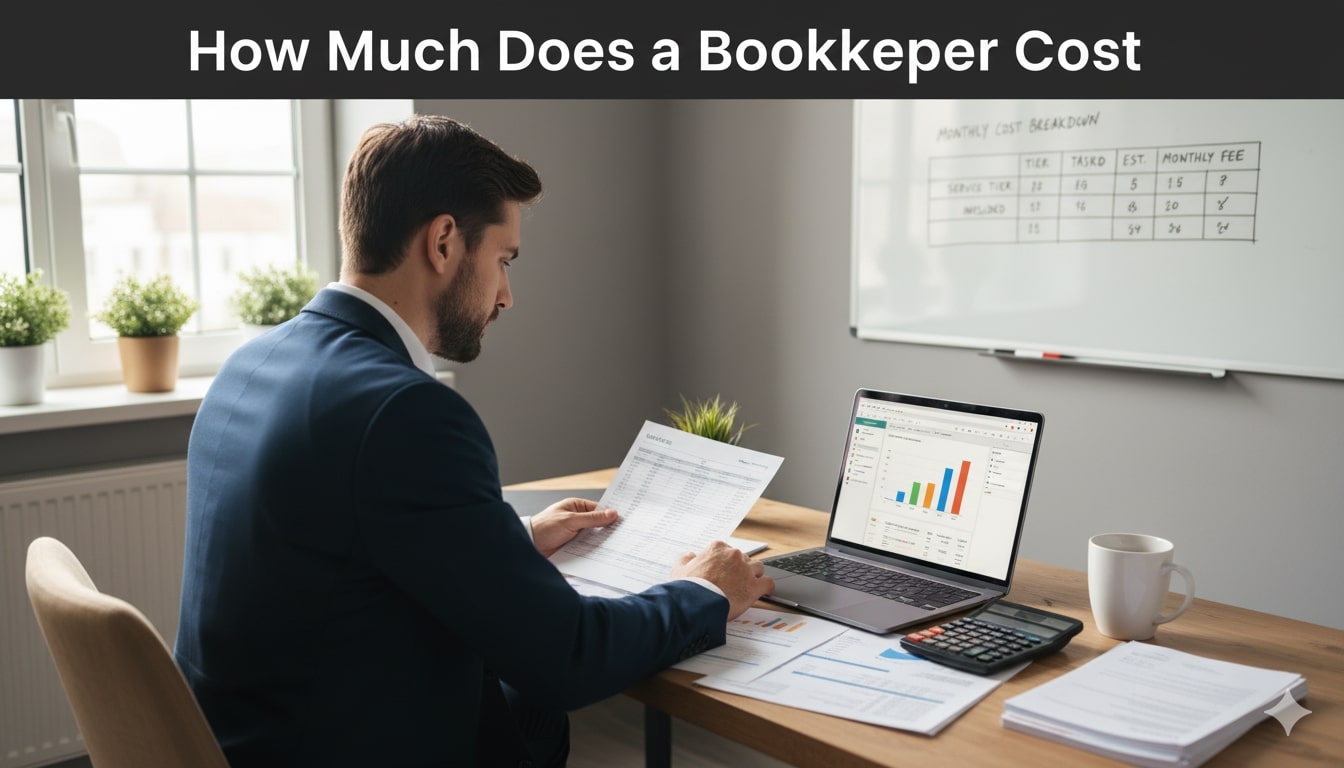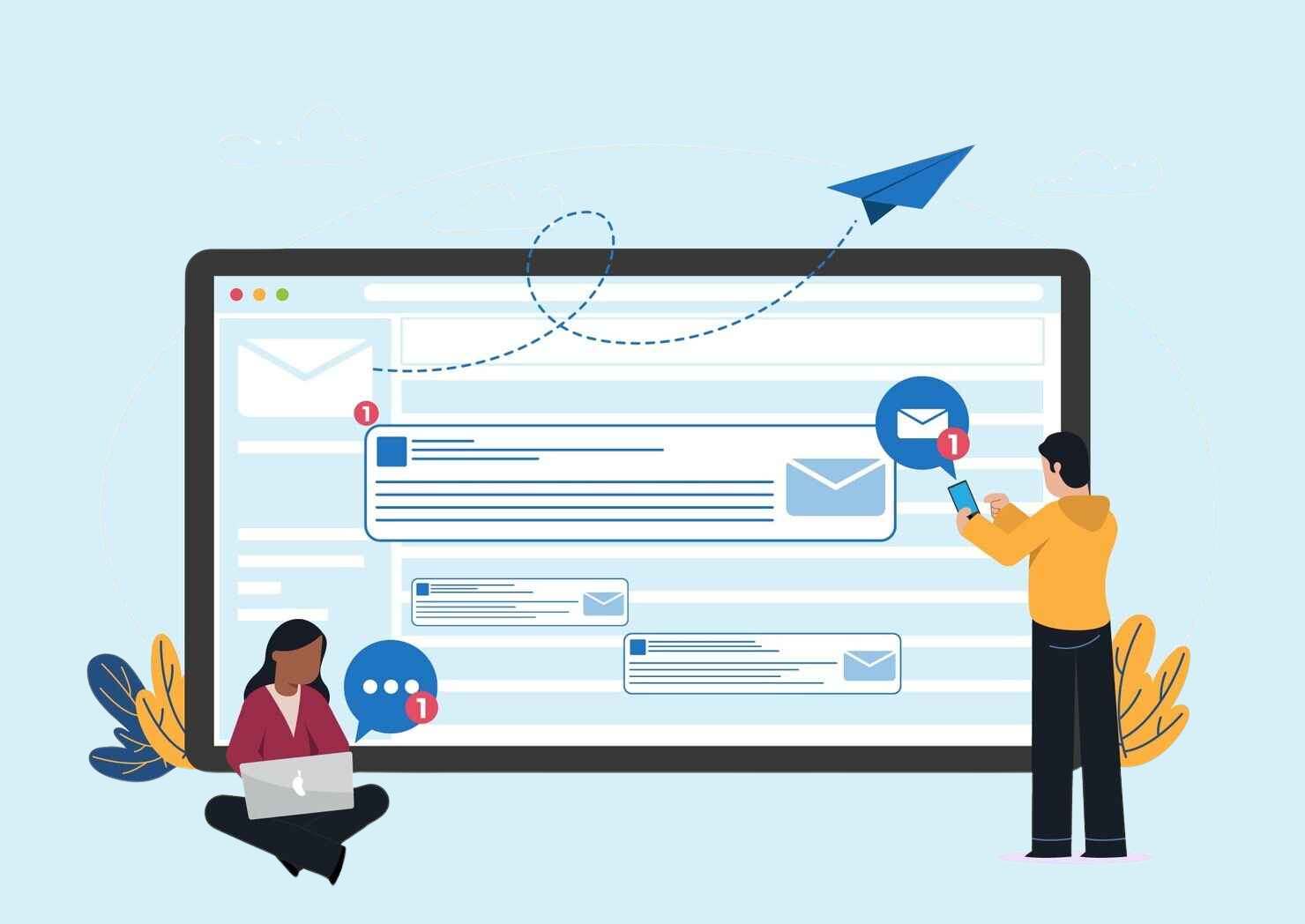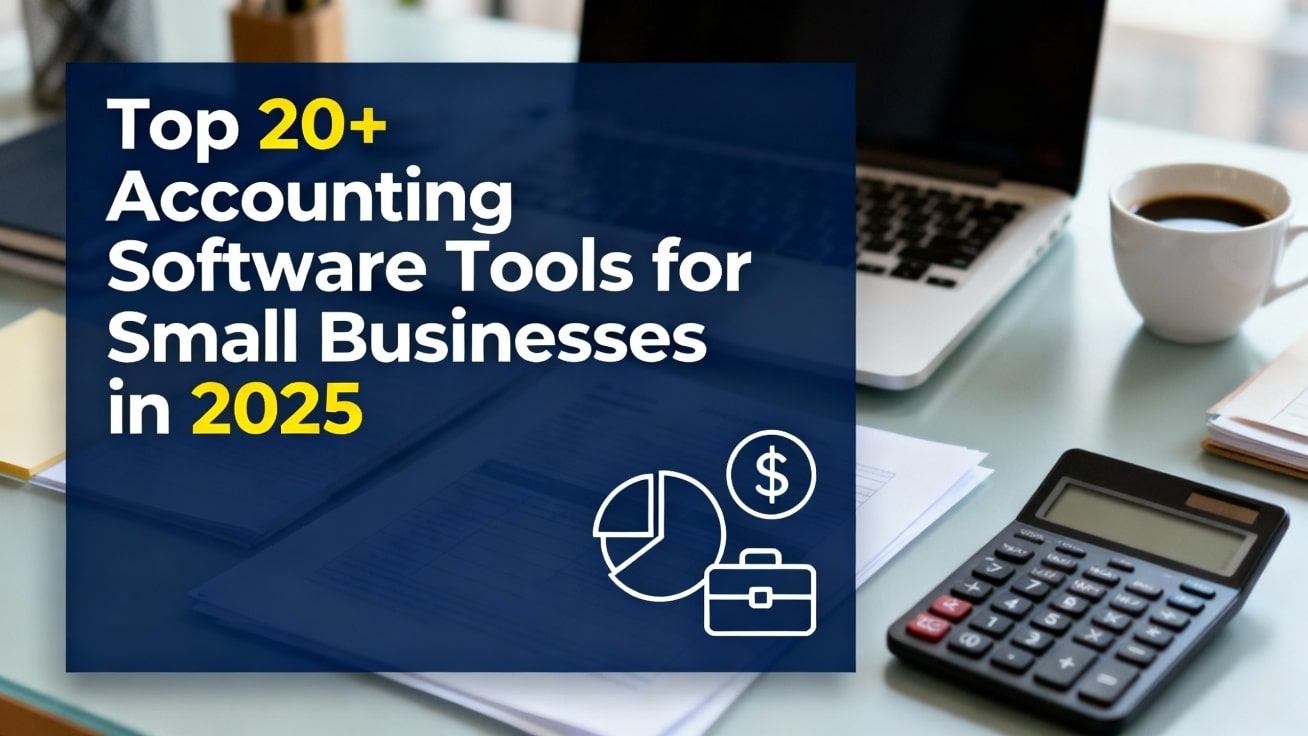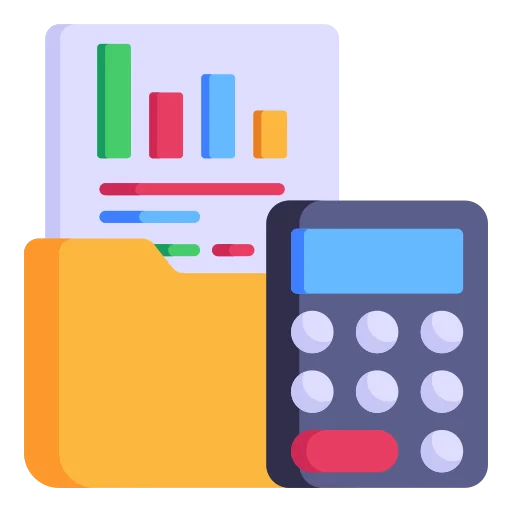Introduction: Why Tax Filing Tips for Small Businesses Matter More at Year-End
Tax season can feel overwhelming for entrepreneurs, but Tax Filing Tips for Small Businesses can transform a frantic, last-minute scramble into a smooth, strategic process. In the U.S., where the IRS sets strict deadlines and enforces compliance with penalties, preparing before December 31 gives you a critical advantage. By taking action now, you’ll reduce stress, unlock deductions, and set your business up for a stronger new year.
With more than 15 years of experience advising small business owners, I’ve seen how early preparation dramatically improves outcomes. In this first section, you’ll learn the foundational steps to take before year-end, plus why these Tax Filing Tips help you save money and avoid IRS trouble.
1. Gather and Organize All Financial Documents
The first step in applying for Tips is getting your paperwork in order. Before the calendar flips, assemble:
- Income statements and receipts
- Expense reports (utilities, rent, marketing, travel)
- Payroll summaries (including W-2 and 1099 obligations)
- Bank and credit card statements
- Loan and interest records
- Asset purchases for depreciation tracking
Doing this early ensures that when tax season opens, you won’t scramble for missing data. In fact, many small businesses use this moment to switch to digital tools (like QuickBooks Online or Xero) to centralize their finances.
2. Verify Your Business Structure and Tax Obligations
Your entity type (LLC, S-Corp, C-Corp, or sole proprietorship) determines what forms you must file. One of the smartest tips is reviewing your structure before year-end to ensure it still suits your financial goals. For example:
- LLCs and Sole Proprietors: Often file Schedule C with the 1040 form.
- S-Corporations: File Form 1120-S; need to issue K-1s to shareholders.
- C-Corporations: File Form 1120; different tax rates apply.
Checking now gives you time to adjust payroll, estimated tax payments, or even consider an entity change for next year.
3. Reconcile Your Books Monthly, Not Just at Year-End
One hallmark of well-run small businesses is monthly reconciliation. This practice makes Tax Filing Tips for Small Businesses easier to implement because you’ll already have clean, accurate books. By reconciling bank and credit card statements monthly, you:
- Catch errors early
- Avoid costly last-minute cleanup fees from your accountant.
- Spot tax-deductible expenses you might have missed.d
If you haven’t been reconciling monthly, use December as a “catch-up” month to ensure your records are complete.
4. Review Estimated Tax Payments
Many U.S. small business owners must pay quarterly estimated taxes (April 15, June 15, September 15, January 15). One of the smartest Tax Filing Tips for Small Businesses is making sure your Q4 payment reflects your actual income. Underpayment penalties from the IRS can erode your profits.
- Compare your actual YTD income to your estimated payments.
- Adjust your January 15 payment if needed.
- Consult your tax advisor if your income spiked unexpectedly this year.
By checking now, you can avoid a surprise bill plus penalties in April.
5. Maximize Deductible Expenses Before December 31
Year-end is the perfect time to accelerate expenses or contributions to lower your taxable income. Examples of Tax Filing Tips for Small Businesses include:
- Buying equipment before December 31 to take advantage of Section 179 deductions.
- Contributing to retirement plans (like SEP IRAs or Solo 401(k)s).
- Prepaying recurring expenses (such as insurance or rent) if it makes sense for cash flow.
Be sure to weigh these moves with your accountant — timing is everything, and not all expenses qualify immediately.
6. Prepare for 1099s and W-2s Early
In the U.S., 1099 and W-2 forms are due to recipients by January 31. Collect vendor W-9s and verify employee addresses before the year ends. This simple Tax Filing Tip for Small Businesses can prevent costly reprints, corrections, or late fees.
7. Audit Your Deductions and Credits
Another cornerstone of Tax Filing Tips for Small Businesses is ensuring you claim every deduction and credit you’re entitled to. Common deductions include:
- Business use of a home (home office)
- Mileage and vehicle expenses
- Marketing and advertising
- Employee benefits and health insurance
- Business insurance premiums
Credits worth exploring:
- Small employer health insurance credit
- Work Opportunity Tax Credit
- R&D tax credit (if applicable)
Having these records ready now makes filing smoother and increases your chance of maximizing your refund or lowering your liability.
8. Create a Year-End Tax Filing Checklist
Finally, consolidate everything into a checklist you can repeat every year. A robust checklist is the ultimate expression of Tax Filing Tips for Small Businesses because it turns a stressful chore into a predictable process.
Sample Year-End Tax Filing Checklist:
- Reconcile accounts through December
- Gather income/expense records.
- Verify payroll and contractor information.
- Review estimated tax payments.
- Schedule a year-end tax planning meeting with your CPA
- Identify last-minute deductions or credits.
Advanced Year-End Strategies for Tax Filing
Once you’ve mastered the basics, it’s time to take your preparation to the next level. These advanced Tax Filing Tips help you legally reduce your tax liability, strengthen your financial reporting, and position your business for growth in the coming year. By acting before December 31, you can lock in deductions and strategies that aren’t available once the tax year closes.
1. Evaluate Your Retirement Plans for Maximum Deductions
Retirement contributions are one of the most powerful ways to cut taxable income while benefiting your future. Among the most overlooked Tax Filing Tips is reviewing — and maximizing — your retirement plan contributions before year-end.
Key Options for Small Business Owners:
- SEP IRA: Contribute up to 25% of compensation (limit set annually by IRS).
- Solo 401(k): For owners with no employees (other than spouse), allows higher contribution limits.
- Simple IRA: Lower admin costs, great for smaller teams.
Contributions made by December 31 (or by the filing deadline with extensions for some plans) can significantly reduce your tax bill. Work with your CPA to calculate the optimal contribution amount.
2. Reassess Your Depreciation Strategy
If you’ve purchased equipment, vehicles, or technology this year, Tips for Small Businesses include maximizing Section 179 and bonus depreciation.
- Section 179 Deduction: Allows immediate expensing of qualifying property purchased and placed in service during the year.
- Bonus Depreciation: For certain property, you can deduct a large percentage upfront.
Review your fixed asset list with your accountant now to ensure you’re taking full advantage before filing.
3. Perform a Year-End Inventory Check
If your business holds inventory, conducting a thorough count before year-end is essential. This is more than just good practice; it’s one of the crucial Tax Filing Tips because:
- It ensures your cost of goods sold (COGS) is accurate.
- You can write down obsolete or unsellable inventory, reducing taxable income.
- You’ll start the new year with clean data for ordering and forecasting.
Doing this in December rather than January allows you to adjust your books for year-end closing.
4. Consider Timing Income and Expenses
Many small business owners use the cash accounting method. A subtle but powerful Tax Filing Tip for Small Businesses is managing when you recognize income or expenses.
- Defer Income: Delay invoicing until January to reduce this year’s taxable income (if cash flow allows).
- Accelerate Expenses: Pay bills or invest in deductible purchases now to claim them this year.
Be strategic — don’t harm your cash flow just to chase a deduction. Discuss timing with your tax professional.
5. Review Employee Benefits and Bonuses
Employee-related expenses are deductible but must be structured properly. Before year-end:
- Issue bonuses in December if you want them to be deductible this year.
- Fund health reimbursement arrangements (HRAs) or health savings accounts (HSAs).
- Review any retirement matching contributions.
This is one of those tips that improves both your tax position and your employee satisfaction.
6. Plan Charitable Contributions
If your business donates to charities, plan those contributions now. You’ll need documentation for the IRS. Charitable giving can be cash, inventory, or even services (with limitations). This is another Tax Filing Tip for Small Businesses that can enhance your community reputation and your tax savings simultaneously.
7. Conduct a Mid-Year (or End-of-Year) Tax Projection
One of the biggest mistakes I’ve seen in my 15+ years of advising entrepreneurs is waiting until April to find out your tax bill. The smarter move — and a critical Tax Filing Tip for Small Businesses — is running a projection now.
A tax projection allows you to:
- Estimate your tax liability with current data.
- Adjust estimated payments or deductions before December 31.
- Plan for cash flow in Q1 of the new year.
Most CPAs can do this quickly with your YTD numbers.
8. Revisit Your Estimated State Taxes
While federal taxes often get the most attention, state taxes can be equally impactful. Many states (and some cities) require estimated tax payments. Checking this before year-end ensures you’re not underpaying and risking penalties. This is a subtle but vital Tax Filing Tip for Small Businesses if you operate across multiple states.
9. Document Everything for Audit Readiness
The IRS can audit returns up to three years after filing (longer in some cases). Another key Tax Filing Tip for Small Businesses is building an airtight audit trail.
Steps to improve audit readiness:
- Digitize receipts and store them securely.
- Maintain mileage logs for vehicles.
- Keep written documentation of business purposes for major expenses.
- Retain copies of bank statements, credit card statements, and contracts.
If you ever face an audit, you’ll be glad you did this.
10. Review Your Business Entity and Tax Elections
Year-end is the time to evaluate whether your current entity type and tax elections still serve you. For example:
- An LLC taxed as a sole proprietor may benefit from electing S-Corp status.
- A C-Corp might reconsider distributions or reinvestment strategies.
This is one of the more advanced Tax Filing Tips for Small Businesses because it involves both legal and tax considerations. Always consult with your CPA and possibly an attorney.
11. Plan for the New Year’s Compliance Requirements
Beyond federal filings, remember:
- Renew business licenses and permits.
- Update your registered agent info.
- Check workers’ comp and insurance compliance.
These steps ensure you’re ready to operate smoothly in the new tax year.
Implementation Frameworks, Tools & Step-by-Step Workflows
So far, we’ve covered the fundamentals and advanced year-end strategies. But Tax Filing Tips for Small Businesses are only as good as your ability to put them into action consistently. Now we will focus on building a repeatable system using proven workflows, digital tools, and team training. When your tax preparation becomes part of your everyday operations, you won’t just survive tax season — you’ll thrive through it.
1. Create a Year-End Tax Filing Calendar
A simple but powerful Tax Filing Tip for Small Businesses is establishing a tax filing calendar. This calendar includes:
- Deadlines for quarterly estimated taxes
- Dates to issue 1099s and W-2s
- Annual business license renewals
- Retirement plan contribution cutoffs
- State-specific filing deadlines
Whether you use Google Calendar, Outlook, or a project management app like Asana or Trello, syncing these dates keeps everyone accountable.
2. Use Accounting Software to Automate Data Collection
Modern accounting platforms make implementing Tax Filing Tips for Small Businesses far easier:
- QuickBooks Online: Excellent for automating bank feeds, invoicing, and 1099 tracking.
- Xero: Known for clean UI and unlimited users, great for teams.
- Zoho Books: Ideal if you’re already using Zoho CRM or other Zoho apps.
Key features to use before year-end:
- Bank reconciliation
- Expense categorization
- Automatic receipt capture via mobile apps
- Custom tax-ready reports
Automation reduces manual errors and ensures your data is ready for filing.
3. Build a Document Management System
Digital storage is one of the most overlooked step. Gone are the days of shoe boxes full of receipts. Instead:
- Store documents in cloud systems like Google Drive, Dropbox, or OneDrive.
- Create folders for each tax year and for key categories (income, expenses, payroll, assets).
- Use apps like Hubdoc or Dext to automatically extract data from receipts and bills.
When tax season arrives, all your paperwork is just a few clicks away.
4. Designate a “Tax Champion” in Your Team
If your business has multiple employees, appointing a tax or finance champion is transformative. This person:
- Learns the tax tools deeply.
- Coordinates with your CPA.
- Ensures deadlines are met.
This Tax Filing Tip for Small Businesses works because it creates ownership and accountability, freeing the owner from micromanaging every detail.
5. Schedule a Year-End Tax Planning Meeting with Your CPA
Don’t wait until April to talk to your tax professional. By meeting in December, you can still implement deductions, adjust payments, or make strategic purchases. Bring:
- Year-to-date financial statements
- Payroll and contractor records
- Details of major transactions
- Questions about new tax laws
This is one of the most valuable Tax Filing Tips because proactive planning yields real savings.
6. Develop Standard Operating Procedures (SOPs)
Creating SOPs for your tax and bookkeeping processes ensures consistency. Your SOP should cover:
- How receipts are collected and digitized
- How income and expenses are categorized
- Monthly reconciliation procedures
- Year-end review steps
7. Integrate Payroll & Contractor Payments Seamlessly
Payroll mistakes can cause IRS headaches. To prevent this:
- Use integrated payroll systems (Gusto, ADP, QuickBooks Payroll).
- Track contractor payments and ensure you have updated W-9 forms.
- Schedule W-2 and 1099 filings early to avoid January bottlenecks.
This single Tax Filing Tip for Small Businesses can save hundreds in late fees and penalties.
8. Use Forecasting & Budgeting Tools to Guide Decisions
Tax filing isn’t just about compliance — it’s also about strategy. By using forecasting tools like LivePlan or Fathom, you can:
- Model different income and expense scenarios.
- Anticipate tax bills months in advance.
- Adjust operations to improve your year-end position.
This proactive approach is one of the more advanced step, moving you from reactive filing to proactive tax strategy.
9. Conduct a Post-Mortem After Tax Season
After filing your taxes, take time to review what went well and what didn’t. Ask:
- Were any deductions missed?
- Was the documentation process smooth?
- Did you incur penalties?
10. Leverage AI & Chatbot Support for Tax Questions
In 2025 and beyond, more small businesses are turning to AI tools for quick answers to tax questions. While AI cannot replace a CPA, it can help you:
- Generate checklists.
- Understand IRS terminology.
- Find deadlines and forms quickly.
When combined with your accountant’s expertise, AI can make Tax Filing Tips for Small Businesses more accessible and less intimidating.
11. Secure Your Data & Stay Compliant
Tax documents contain sensitive information. Implement cybersecurity best practices:
- Two-factor authentication on all financial apps.
- Encrypted storage solutions.
- Access control so only necessary staff see sensitive data.
This is a critical Tax Filing Tip for Small Businesses to protect against identity theft and data breaches.
Conclusion & Action Plan
Bringing It All Together
We’ve built a complete framework for Tax Filing Tips for Small Businesses — starting with core preparation, moving into advanced strategies, and ending with practical implementation. Now it’s time to tie everything together, reinforce the key lessons, and give you a clear action plan you can follow each year.
For small businesses in the U.S., tax season isn’t just about paperwork. It’s about cash flow, compliance, and strategic decision-making. When you prepare early and use a repeatable process, you gain more than a lower tax bill — you gain clarity and confidence in your financial future.
The Three Pillars Recap
1. Foundation:
We began with the basics — organizing your records, reconciling your books, and ensuring you’re ready for IRS deadlines. These initial Tax Filing Tips for Small Businesses protect you from penalties and missed deductions.
2. Strategy:
Next, we moved to advanced strategies — retirement contributions, inventory checks, timing income and expenses, and leveraging deductions and credits. These tips go beyond compliance to actively reduce your tax burden.
3. Implementation:
Finally, we showed how to implement systems, tools, and workflows — from digital storage and accounting software to tax calendars and employee training. This stage turns tips into habits.
When combined, these three pillars give you a rock-solid approach to tax filing.
Why Proactive Tax Planning Outperforms Reactive Filing
Many small business owners only think about taxes in March or April. But the most successful ones implement Tax Filing Tips for Small Businesses throughout the year. By making tax preparation a year-round priority, you:
- Capture more deductions.
- Avoid penalties and interest.
- Improve cash flow predictability.
- Strengthen your relationship with your CPA or tax advisor.
- Reduce stress and free up time for growth.
This shift from reactive to proactive planning is the hallmark of financially savvy entrepreneurs.
Your Year-End Tax Filing Action Plan
Here’s a simple but powerful roadmap to implement Tax Filing Tips for Small Businesses year after year:
- Set Up Your Tax Calendar
Mark all federal and state deadlines for estimated taxes, 1099s, W-2s, and annual filings. - Automate Your Bookkeeping
Use accounting software to import and categorize transactions automatically. - Review Finances Monthly
Reconcile bank accounts and credit cards monthly to avoid a year-end scramble. - Schedule a Tax Planning Meeting Each December
Bring your year-to-date numbers to your CPA and discuss strategy before it’s too late to act. - Maximize Deductions and Credits
Use retirement contributions, Section 179 deductions, and charitable donations strategically. - Secure Your Documents
Digitize, back up, and encrypt all sensitive financial data. - Train Your Team
Appoint a tax champion and establish SOPs for documentation and reporting. - Evaluate Your Entity Annually
As your business grows, revisit whether your LLC, S-Corp, or C-Corp status still serves you.
Common Pitfalls to Avoid
Even seasoned entrepreneurs make mistakes during tax season. Here’s what to watch out for:
- Waiting until January: By then, most tax-saving strategies are off the table.
- Mixing personal and business expenses: This creates audit risk and messy books.
- Ignoring state and local taxes: These can add up quickly if overlooked.
- Failing to document deductions: The IRS requires clear evidence.
- Choosing software solely by price: Inadequate tools cost more in mistakes than they save.
Avoiding these errors makes your Small Businesses far more effective.
Building a Relationship with Your CPA
Your tax advisor is not just a form-filler — they’re a strategic partner. When you come prepared with organized books and a clear plan, your CPA can focus on strategy instead of cleanup. This partnership can uncover deductions, credits, and entity-structure advantages you might otherwise miss.
Looking Ahead: Turning Tax Season into a Growth Tool
When you consistently apply Tax Filing Tips for your business, tax season becomes an opportunity:
- Opportunity to analyze your year and plan for the next.
- Opportunity to invest strategically to lower taxes.
- Opportunity to benchmark your performance.
Over time, your financial literacy and business acumen grow — turning tax season from a burden into a competitive edge.
Final Thoughts
Tax Filing Tips for Small Businesses aren’t about surviving April; they’re about thriving all year long. By starting early, leveraging expert advice, and building solid systems, you’re protecting your business, your income, and your peace of mind.
Whether you’re a solopreneur, a growing startup, or an established small business, the key takeaway is this: tax filing success is built, not improvised. With the right approach, each tax season becomes less of a burden and more of a stepping stone to growth.
Call to Action
As year-end approaches, take one action today — whether it’s booking that CPA meeting, reconciling your accounts, or setting up your tax calendar. Each step builds momentum. Use the Tax Filing Tips for Small Businesses in this guide as your blueprint to stay compliant, save money, and enter the new year with confidence.










 447 Broadway, 2nd Floor, Suite 2531, New York, NY 10013, USA
447 Broadway, 2nd Floor, Suite 2531, New York, NY 10013, USA 20 Wenlock Road, London, N1 7GU, UK
20 Wenlock Road, London, N1 7GU, UK
